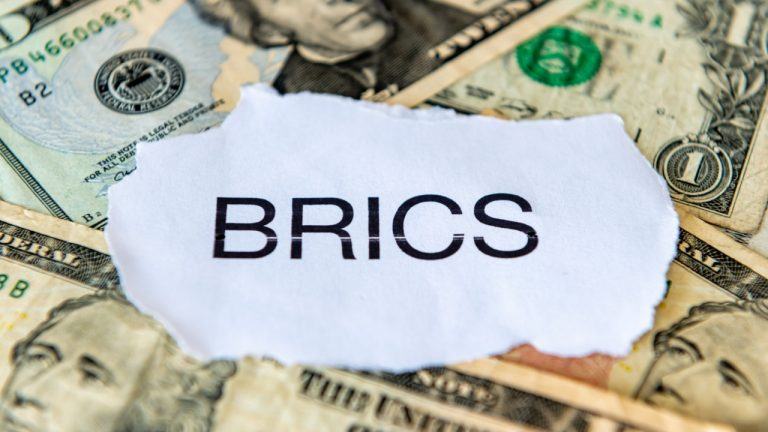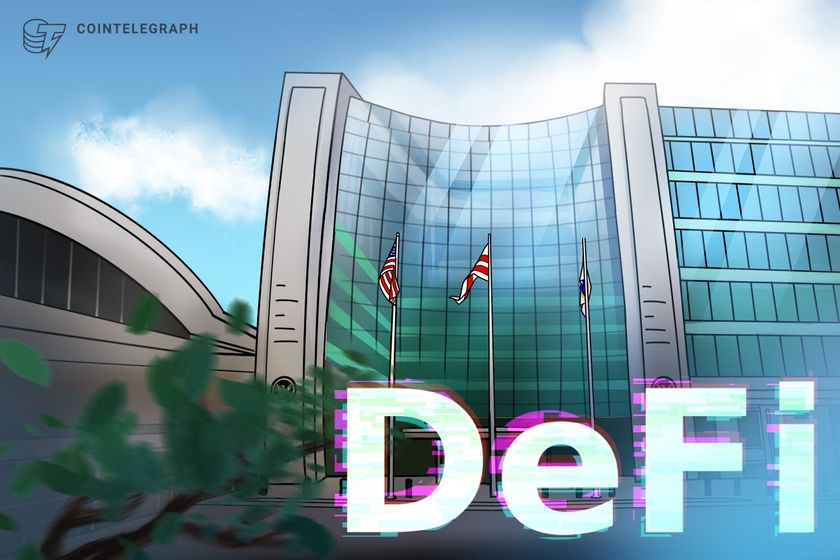
Bitcoin transactions fees in US dollars near all-time high levels

The latest spike in BTC transaction fees comes amid a major decline in the Bitcoin network hash rate.
Bitcoin (BTC) transaction fees measured in United States dollars are near 2017 levels amid a massive hash rate drop on the Bitcoin network.
According to data from several Bitcoin monitoring resources, the average BTC transaction fee in U.S. dollars is near the all-time high recorded back in 2017.
According to data from blockchain explorer Blockchair, the average cost of a Bitcoin transaction surged Tuesday to $58, approaching its all-time high of above $62 recorded in December 2017. Popular Bitcoin monitoring source BitInfoCharts suggests that current BTC fees have already broken the record of $54 in 2017 at $58 on Tuesday.
Other sources, including major blockchain explorer Blockchain.com, also show that the average BTC transaction cost on Tuesday hit $58.

Despite several sources showing the current BTC transaction fee near $60, other sources show a much lower figure. Major Bitcoin analytics website Clark Moody reports an average BTC fee value in dollars — over the last 2,016 blocks — of $27.5 at the time of writing. According to data from Ycharts, the average Bitcoin transaction commission is $43 at publishing time after hitting $50 on Sunday.
BTC transaction fees hit over $50 in late 2017 when Bitcoin surged to $20,000 for the first time. At the time of writing, Bitcoin is trading at $55,190 following a correction from its all-time high of above $64,000 last week.
The latest spike in BTC transaction fees comes amid a major decline in the Bitcoin network hash rate. On Sunday, Bitcoin saw the largest daily drop in the total BTC network hash rate since November 2017, plummeting from 172 million terahashes per second to around 154 million TH/s. According to crypto observers, the decline is likely to be attributed to massive power outages in the Chinese mining hub of Xinjiang.
The decline in the BTC network hash rate could eventually impact the mining difficulty of Bitcoin, potentially pulling the measure downwards. Happening once every 2,016 blocks, — or roughly every two weeks — the next Bitcoin difficulty adjustment is expected to happen in 12 days. According to online estimates, the next BTC difficulty adjustment could be the largest downward adjustment since November 2020 if the hash rate doesn’t recover by early May.
Amid spiking BTC transaction fees, some crypto exchanges have rushed to introduce less expensive ways to move Bitcoin around, with OKEx integrating the Lightning Network on Monday.
Go to Source
Author: Helen Partz









